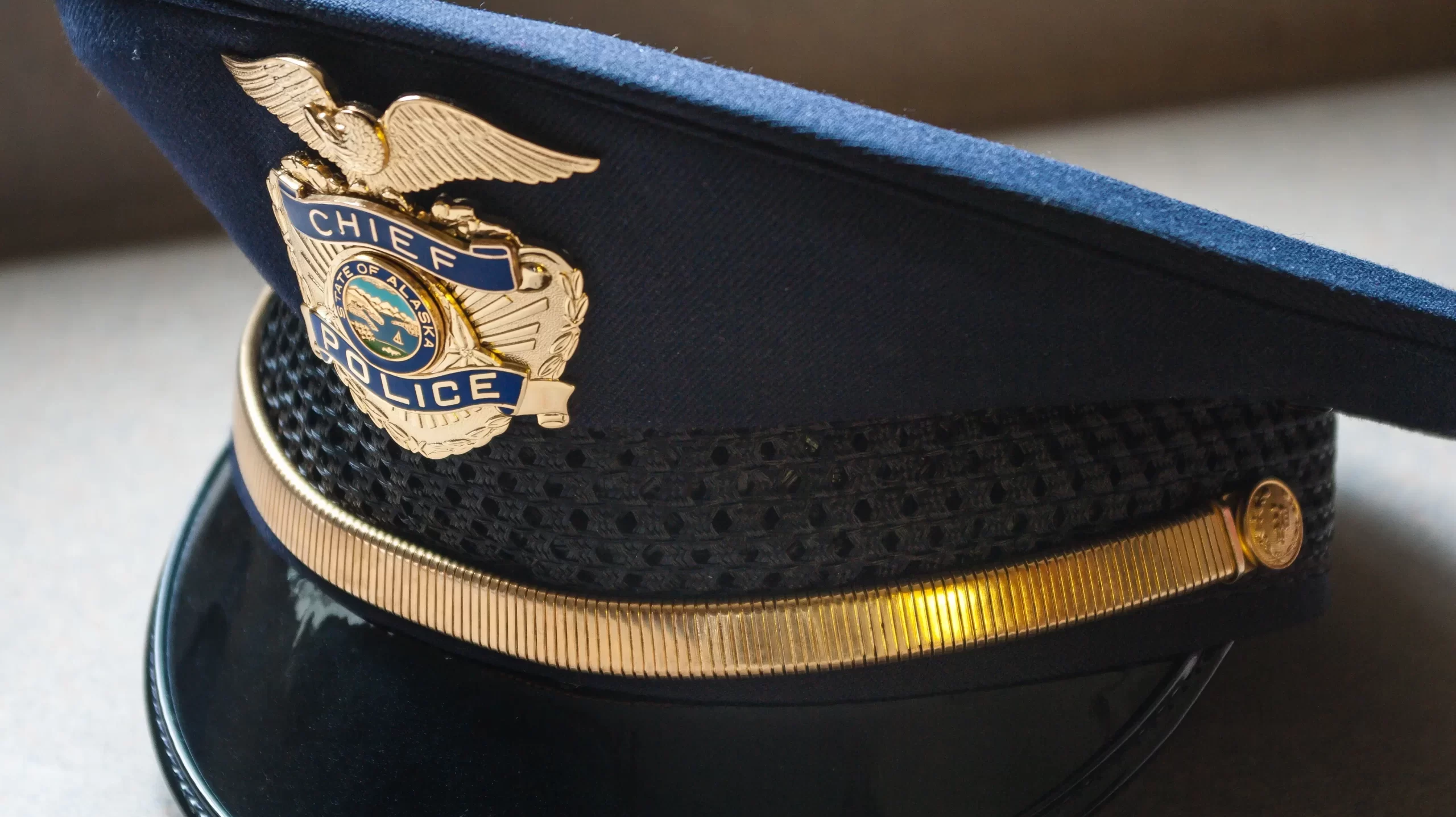
Following months of protests and a problematic review of his department, the chief of police in Decatur has resigned.
Chief Todd Pinion, who has been under fire since the alleged murder of Steve Perkins by Decatur Police officers in Sept. 2023, announced on Friday evening that he would resign his post as chief, but said he plans to remain with the department.
In the lengthy statement, Pinion said he would remain as chief until an interim chief could be selected.
“Life brings many difficult decisions,” Pinion said in the statement. “I am faced with one today. I have loved serving as your Police Chief. I look back over the past three years and see a number of significant accomplishments.”
The statement also wasn’t without pointed barbs at city leaders who have questioned Pinion’s leadership and whether he can effectively lead the department in the future. Two weeks ago, the Decatur City Council took an informal vote on Pinion continuing as chief and a majority voted against him – although not enough to force him out.
“I have heard that this city cannot move forward while I remain Chief,” Pinion said in the statement. “This is only an excuse. Without a doubt, this excuse undermined our forward progress on such important things as community policing, crime prevention, officer recruitment and retention, and many of the items I shared last year in my executive plan. After much prayer and consideration, I have decided it is in the best interest of the city and my family to take away that excuse so healing can begin immediately.”
It was the actions of Pinion’s officers – and their words about him in a recent third-party review of the department – that ultimately led a majority of the council to vote against Pinion.
The city has already fired three officers – and one of them is now facing murder charges – over the shooting death of Perkins. Those officers improperly aided a tow truck driver in a repossession effort at Perkins’ home – actions that clearly violated department policy and possibly the law. They hid out of sight around Perkins’ home, including hiding their vehicles down the block, and then sprang from darkness, startling Perkins, who was armed with a handgun, when he exited his home to confront the tow truck driver. When Perkins turned towards the officers, surprised by their presence, one officer, Mac Marquette, opened fire before Perkins had an opportunity to understand what was happening.
Marquette fired 18 times. Perkins died on his front lawn.
In the immediate aftermath, DPD released a statement that placed the blame for the shooting on Perkins, who, the release stated, refused to obey commands to drop his weapon.
Pinion was later forced to admit that the statement contained errors.
There were additional problems later, as DPD officers were caught on video antagonizing protestors, arresting and confronting peaceful protestors and dramatically escalating situations that could have been handled without incident.
The recently completed third-party review of the department also was not kind to Pinion. It highlighted a number of incidents in which officers used trumped up charges, such as obstruction of governmental operations or disorderly conduct, to make questionable arrests.
Additionally, the report quoted officers within DPD saying small cliques within the department actually controlled the department, not the chief, and that those officers and their friends were rarely disciplined for violating policies.







